-
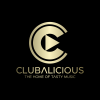 play_arrow
play_arrow
Clubalicious Clubalicious Radio
-
 play_arrow
play_arrow
London Calling Podcast Yana Bolder

This past week, the United States Copyright Office released the second part of its Report on Copyright and Artificial Intelligence (“AI”), which addresses the issue of whether output generated by AI systems can be copyrighted [Part 1, published in 2024, addresses the use of digital technology to replicate a person’s voice or appearance].
The report is based on more than 10,000 responses that the Copyright Office received after issuing a Notice of Inquiry in August 2023 formally asking for public comment on the issue of copyrighting AI-generated material. Comments and responses came from across all 50 U.S. states and 67 countries, from authors, composers, publishers, artists, performers, attorneys, trade groups, and technology companies, among others.
Here are some of the highlight conclusions of the report:
-
- Questions of copyright-ability and AI can be resolved pursuant to existing law, without the need for legislative change.
-
- The use of AI tools to assist rather than stand in for human creativity does not affect the availability of copyright protection for the output.
-
- Copyright protects the original expression in a work created by a human author, even if the work also includes AI-generated material.
-
- Copyright does not extend to purely AI-generated material, or material where there is insufficient human control over the expressive elements.
-
- Whether human contributions to AI-generated outputs are sufficient to constitute authorship must be analyzed on a case-by-case basis.
-
- Human authors are entitled to copyright in their works of authorship that are perceptible in AI-generated outputs, as well as the creative selection, coordination, or arrangement of material in the outputs, or creative modifications of the outputs.
It’s clear from these conclusions that the Copyright Office will extend protection to works authored by a human, but will not extend copyright protection to works wholly generated by AI. That’s the easy part.
The difficult part lies between the goal posts: If AI is used to assist, for example, a songwriter, then the songwriter should be able to copyright the work. But how do you define “assist”? Does “assist” mean, “I wrote all of the lyrics and melodies, and used AI to fill in some rhyming words in the bridge?” Or does it mean, “I fed some keywords into songR and let AI do the rest”?
If you haven’t already done so, try generating a song using AI on one of these platforms. The results are pretty bad (especially the lyrics), so for now it’s unlikely that the next hit song will be entirely AI-generated. But it’s only a matter of time before the results improve —and that’s where the waters get murky.
Mix Live Blog: When Things Go Wrong
If a song can be copyrighted under circumstances where AI tools “assist rather than stand in for human creativity,” how will we know where the contribution of the author ends and the contribution of AI begins? Does the author specify how many words or phrases were their own, versus how many were contributed by AI? Or how much of the chorus hook they wrote, versus how much of the hook was AI-generated? Can we expect content creators to be honest about their use of AI in writing songs or books or screenplays?
Could a jury of peers attempt to feed the same prompts to ChatBOT and expect to get the same results as those obtained by a songwriter or author who used AI? Who will determine what exact percentage of a work of art was created by a human, and what will be the threshold for that percentage that deems it to be the creation of a human being, and therefore protected by copyright law?
Right now, we don’t have answers to any of those questions. Maybe there’s a way for AI output to contain a watermark or metadata that indicates its genesis, clearly showing what was contributed by the author to obtain the results, versus that which was AI-generated. Even if that is the case, a skilled author or songwriter could easily incorporate the output from AI into their own recording, making it difficult (if not impossible) to determine who did what, and whether it falls under protection of copyright law.
Yikes. This is guaranteed to get interesting.
Written by: Admin
Similar posts
Recent Posts
- 🎶 New Music: JID, OneRepublic, Morgan Wallen, Post Malone, MarkCutz, Kidd Spin + More!
- Classic Tracks: The Fireballs’ “Sugar Shack”
- Classic Tracks: Arlo Guthrie’s “City of New Orleans”
- Classic Track: k.d. lang’s “Constant Craving”
- Classic Tracks: Waylon Jennings’ “Are You Sure Hank Done It This Way”
Recent Comments
No comments to show.Featured post
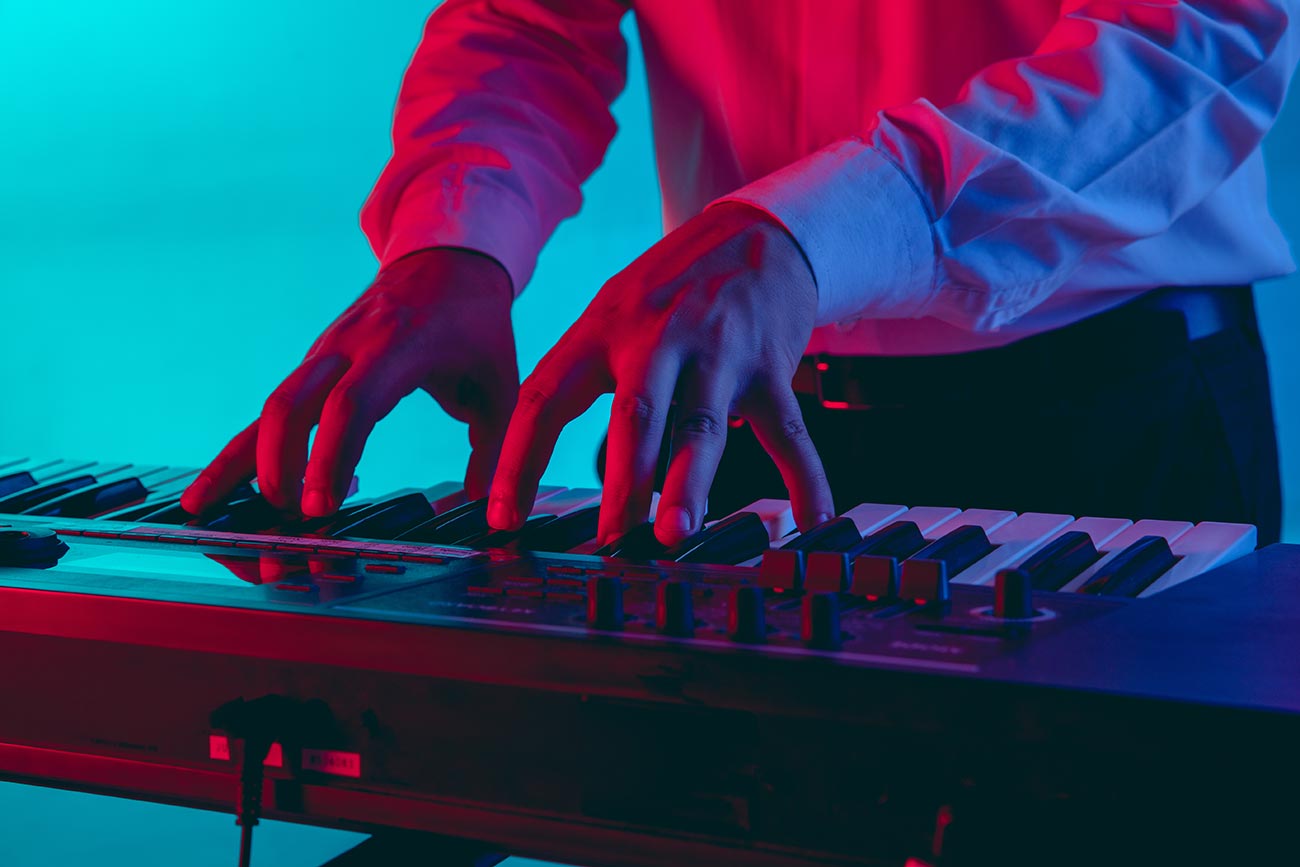
Latest posts

🎶 New Music: JID, OneRepublic, Morgan Wallen, Post Malone, MarkCutz, Kidd Spin + More!

Classic Tracks: The Fireballs’ “Sugar Shack”

Classic Tracks: Arlo Guthrie’s “City of New Orleans”

Classic Track: k.d. lang’s “Constant Craving”

Classic Tracks: Waylon Jennings’ “Are You Sure Hank Done It This Way”
Current show
Upcoming shows
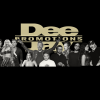
Fresh Is Fresh
This Weeks Hottest Releases
11:00 - 16:00
In The Mix
Tony Kay
16:00 - 17:00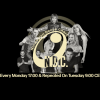
Norwegian Dance Chart
Top 40 Hottest Tracks in Norway
17:00 - 19:00
Femme House
Lp giobbi
19:00 - 20:00
Stereo Productions
Chus Ceballos
20:00 - 21:00Chart
Powered by Dee jay promotions visit us
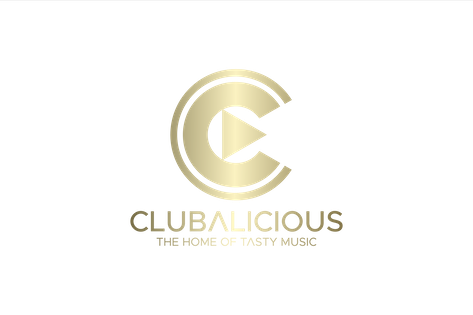





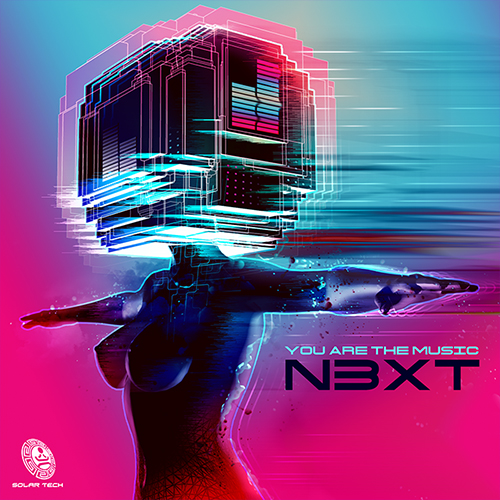
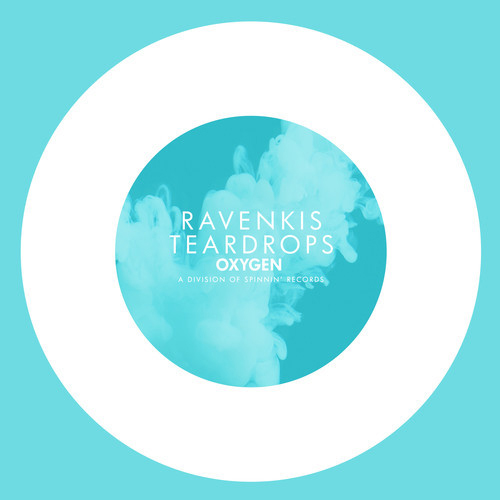
 Invalid license, for more info click here
Invalid license, for more info click here